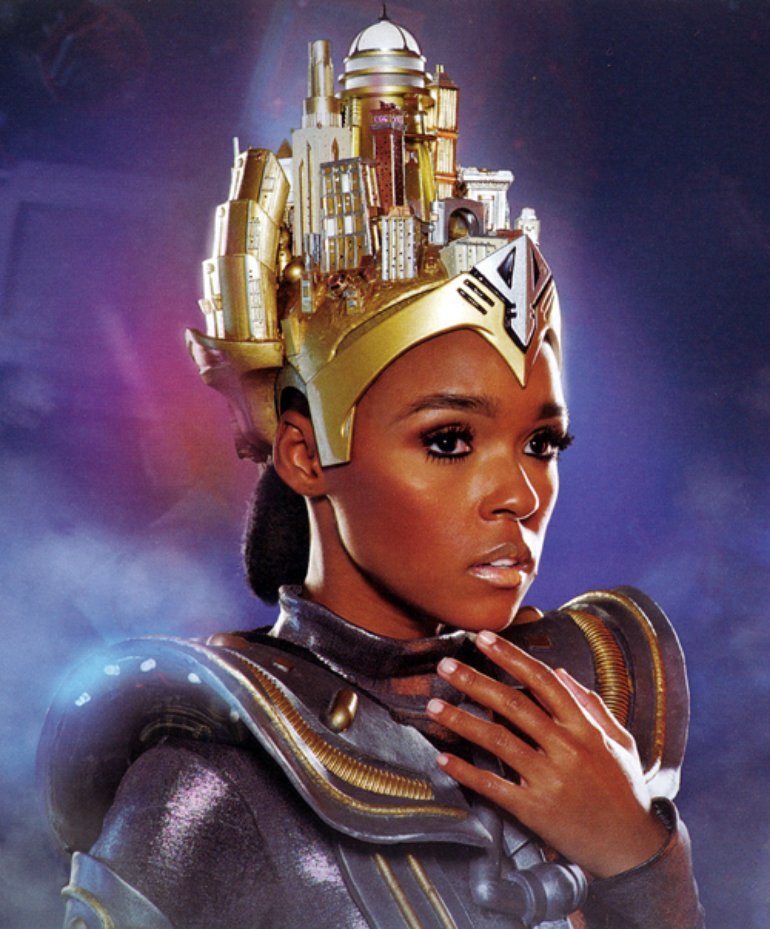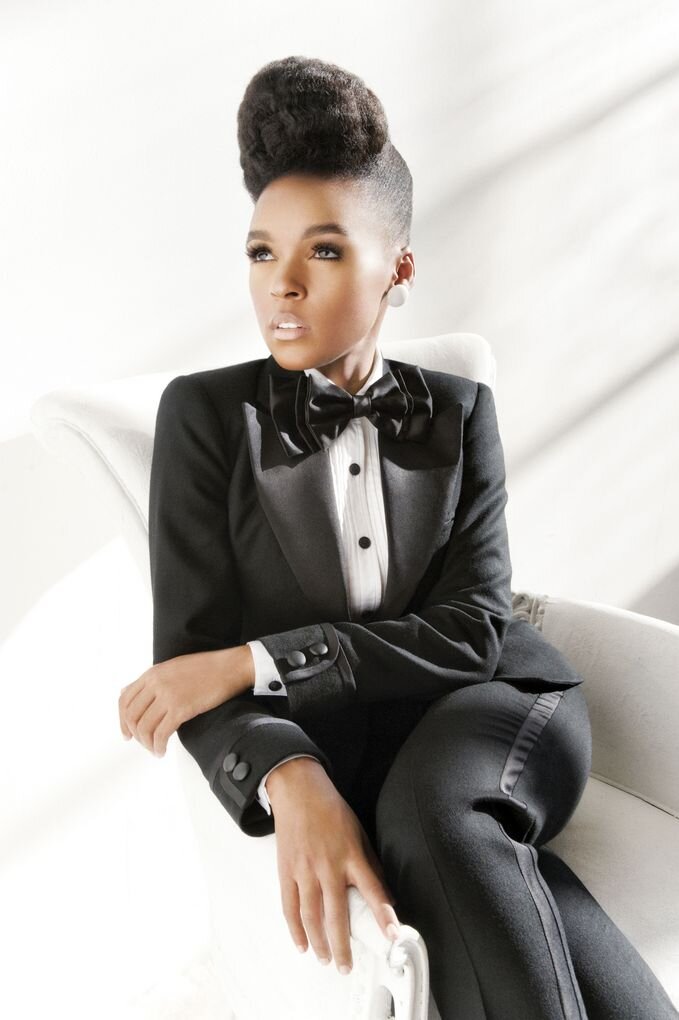10 Years of The ArchAndroid: Revisiting Janelle Monáe's Debut Studio Album
The orchestra that comes in to welcome listeners to Suite II, the beginning of this cinematic futuristic experience, greeted me by surprise when I first listened to Janelle Monáe’s The ArchAndroid on May 18, 2010. It felt so good to hear it and Suite III’s interlude while revisiting the album for its 10 year anniversary. I shouldn’t have been too surprised in hearing the musical depth of the intro during my first listen though: her music piqued my interest with her first EP, Metropolis: Suite I (The Chase), which The ArchAndroid builds on in concept, storyline and sound.
The phrase “art imitates life” is so relevant to The ArchAndroid. In the times I’ve listened to the album, the overall theme that I pick up on is living a life dealing with hatred based on differences in identity…and still choosing to live in love regardless of the circumstances. This audio art is a vivid discussion of that life through the story of an android named Cindi Mayweather. However, the album’s themes have shown up in history before the album’s release as well as after, not limited to racial violence on black people as well as police brutality, attacks on transgendered women and men, and a fear of living freely based on religious beliefs, sexual identity and preferences. Speaking of identity, we’ve seen Janelle’s sexual preferences come into question over the past 10 years since The ArchAndroid’s release. That stopped prior to the release of Dirty Computer because of her interview with Rolling Stone where she mentioned she is queer. The albums she released prior to Dirty Computer, including The ArchAndroid and Electric Lady, were, in my opinion, a buildup to her sharing it fully with us — because, if you were paying attention, she alluded to it. (It really wasn’t any of our business to know, but if Janelle’s truth freed someone, then that’s beautiful.)
At the time of The ArchAndroid’s release, her clothing choices for public appearances were black and white tuxedos. Yet, her music is something you hear and feel in technicolor (like she mentions in her description of love via “Babopbye Ya”). The ArchAndroid was — and still is — so familiar yet so different. The production, which was handled by Janelle Monáe and the Wondaland Arts Society, includes multiple different music genres: R&B, soul, classical and psychedelic rock, to name a few. The album has a sound for many different music listeners. The mixture of these genres sound so new and still refreshing 10 years later. It’s a testament of Janelle’s artist influences, which includes but is not limited to James Brown, Michael Jackson and Prince. I still hear elements of Lauryn Hill in “Neon Valley Street.” I feel that’s why so many people are drawn to her music: because of the abundant life there is within it, even in the ballads and grooves. She brings it even further to life in her performances.
As a self-proclaimed Janelle Monáe stan, I’m surprised that I didn’t embrace much of the album’s intricacies when the album dropped. When I first listened to this album in 2010, my favorites were many of the slower, melodic songs about love, such as “Say You’ll Go,” “Neon Valley Street,” and “Mushrooms & Roses.” “Locked Inside,” however, was one of the fewer upbeat grooves that I loved — probably because of how much it reminded of Michael Jackson; I placed this song on repeat too many times while writing this. A few years back, “Babopbye Ya” went on repeat for days (especially at the 2-minute mark where the beat changes).
Listening to the album in 2020, after 10 years of life and experiences, I appreciate songs like “Oh, Maker,” “Cold War” and “Tightrope” more. “Tightrope” and “Cold War” were always good to me, but the messages hit harder now. Those messages of frustration, anger, sadness and fear with an underlying hope for freedom, happiness and peace that resonates in those lyrics were something that I didn’t fully embrace in 2010. In this more recent listen, “57821” is a song I need to immerse myself in more; it’s a beautifully written and orchestrated song that I completely forgot about. Unfortunately, “Make The Bus” is a song I still haven’t fully embraced.
The ArchAndroid, despite it being 10 years old, still feels ahead of its time, like much of Janelle’s discography. There are so many sounds to appreciate (like the reverse audio of Metropolis’ “Many Moons” in “Neon Gumbo”) and lessons to learn from the album, specifically in its sci-fi and Afrofuturistic storyline. Here’s to 10 years of learning, appreciating and enjoying a beautiful debut album.


